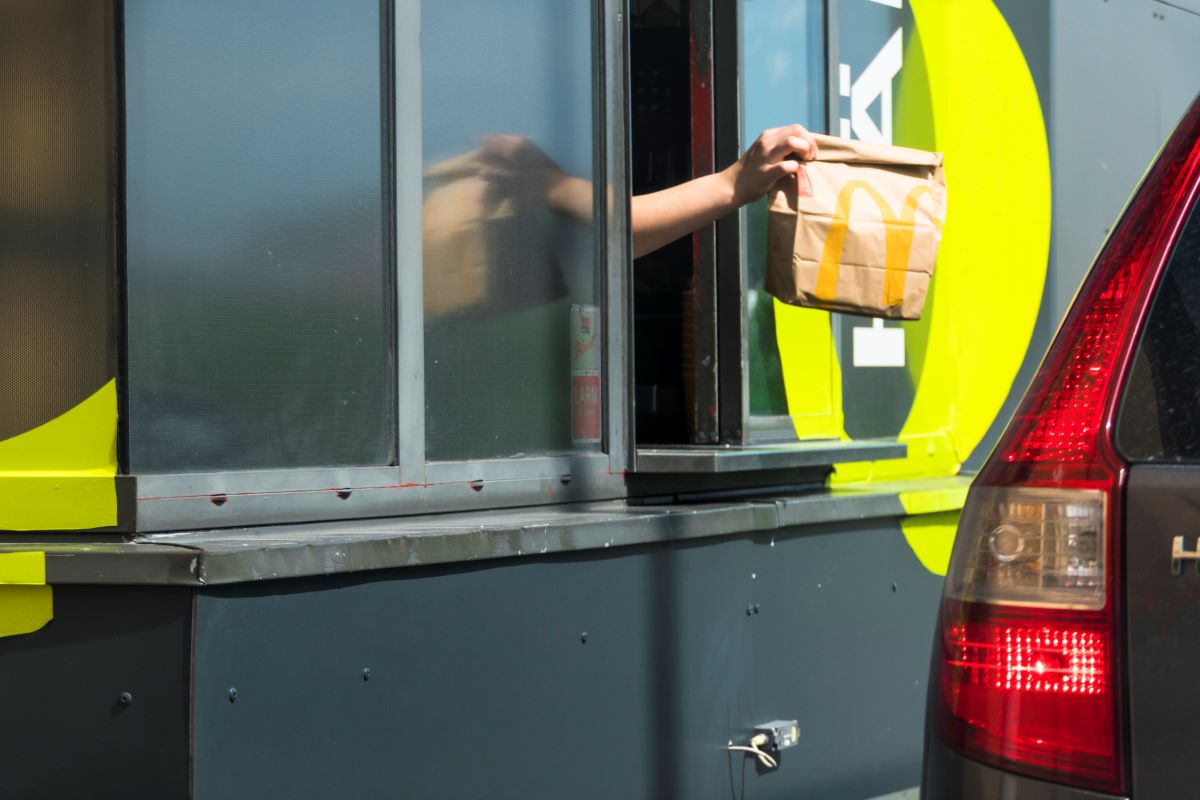If we look at this McDonald’s webpage, it promises a lot of things to its workers:
- develop the skills to lead others
- understanding of how creative thinking techniques can be applied
- fundamental business planning skills
These are assets that can help people improve their social mobility. However, let’s be honest: these are meaningless claims.
To demonstrate, a new report by Economic Roundtable shows that the fast-food industry has the largest share of workers living in poverty, more than any other industry. The report, whose data is primarily based on California, points out that fast food workers make up 11 percent of all homeless workers in California, 9 percent in Los Angeles County, and 8 percent in the City of Los Angeles.
According to the report, corporations have generated significant profits during this same time. A critical distinction needs to be made here. The pressing issue is not the profits but the broken promise of companies and prominent economists.
A “Trickle Down Economy” claims the profits at the top will eventually topple down, leading to higher income for regular workers and, hence improving social mobility. However, the Economic Roundtable report shows that this is not the case. In fact, it is the opposite. Companies are actively harnessing poverty which increases the risk of homelessness for their workers.
Fast-Food Companies Promote Poverty and Homelessness Through Low Wages and Not Providing Enough Working Hours
Two variables are directly responsible for companies promoting poverty and homelessness among their workers: wages and working hours. The wages in the industry are extremely low. Maintaining a roof over your head by working as a fast-food worker is extremely difficult, especially given the rising cost of living.
The other variable is working hours. For example, fast-food workers in California get an average of only 1,340 hours of paid work every year. This is 26 hours a week per year compared to a traditional 40 hours work week. In contrast, other workers in California have employed an average of 1,839 hours a year, almost 500 hours more than the average fast food worker.
Robert Davis writes about how even in the case of full-time jobs where workers are paid minimum wage, it is incredibly challenging for them to survive.
To exhibit the situation, Robert presents this data: the average wage needed to afford a one-bedroom apartment increased from $20.40 in 2021 to $21.25 in 2022. So, the average worker must earn at least $25.82 to avoid paying more than 30 percent of their monthly income on housing. But the average/mean wage for fast food and retail workers in 2022 was $13.53. This shows us how stark the situation is.
Retail Also Promotes Poverty and Homelessness Through Low Wages
For many years, Walmart has been at the forefront of criticism for paying low wages to their employees. Walmart is known for shutting down their workers’ attempts to unite and negotiate with the company.
However, Rick Wartzman’s book, “Still Broke: Walmart’s Remarkable Transformation and the Limits of Socially Conscious Capitalism,” argues that in recent years, Walmart has shown some openness to change.
One of the key drivers was a high employee turnover rate. Walmart needed to find a way to reduce it. But once they started to increase wages, the turnover rate gradually declined.
Let’s focus on this for a while. The reality is that paying meager wages and not investing in one’s employees is an extremely poor business decision. There is a myth in the business world that one can maximize profits by reducing employees’ wages. However, this always backfires.
Businesses like Walmart forget that employees are on the frontline of a business. If they show up at the office happy and perform well, the biggest beneficiary of that is the business itself. But because of wrong views, they have created this tragic situation where employees work full time yet rely on food stamps and other government services to survive.
Will Businesses Voluntarily Attempt to Improve Employees’ Livelihoods? Not Likely.
Walmart raised wages to $17.06 per hour. While Walmart’s transformation has been tangible, employees are still poor, according to author Rick. Just because things are better doesn’t mean they’re good.
Businesses will not likely voluntarily make changes to ensure workers have decent jobs and wages. Combine that with our country’s lack of affordable housing, and homelessness will continue rising.
It’s time to make homelessness a primary issue. Tell your legislators you support increasing the minimum wage so that working people no longer live below the poverty line.













